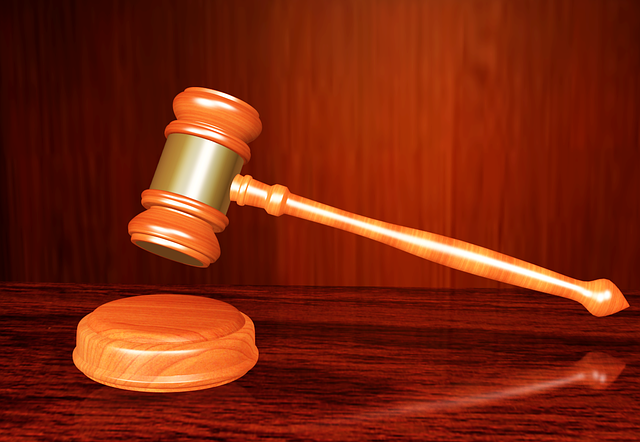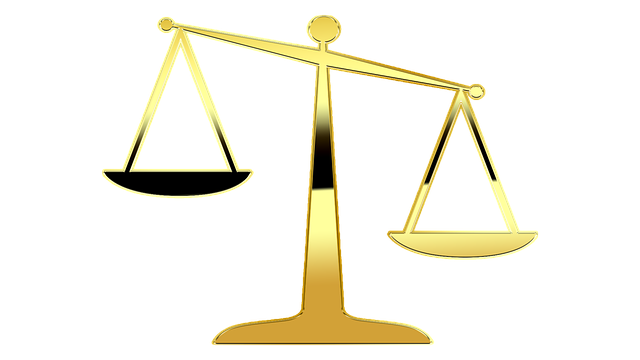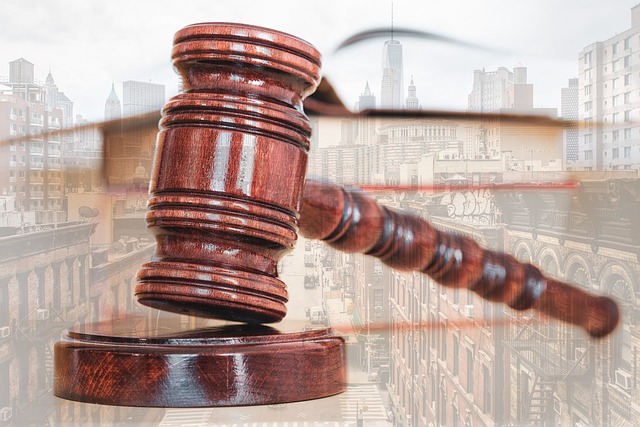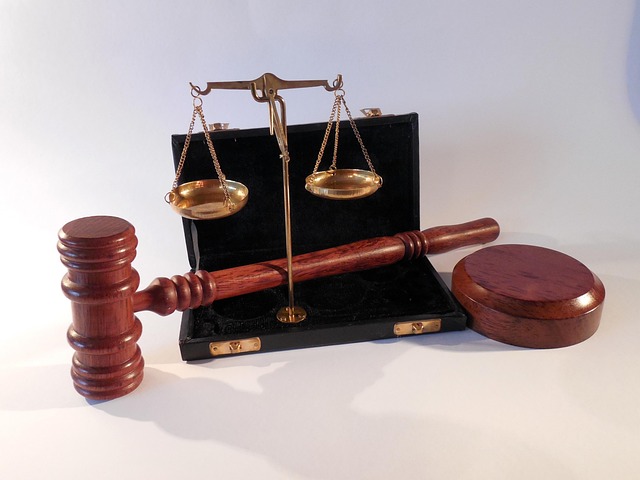Whistleblower Protection Lawsuits empower individuals to expose illegal or unethical activities without fear of retaliation, safeguarding public interest and providing legal recourse for harmed whistleblowers. Navigating these cases requires specialized knowledge and expertise due to unique challenges like employer retaliation and complex legal standards. Common mistakes in personal injury claims, such as inadequate evidence documentation or lacking specialized legal counsel, can undermine whistleblower cases. To strengthen your case, avoid premature disclosures, seek counsel from experienced attorneys specializing in whistleblower laws, and adhere to legal standards for protected disclosures to avoid indictment and foster support.
“Whistleblower Protection Lawsuits: A Vital Safeguard for Those Who Speak Up
Many individuals risk their careers and personal safety to expose corporate or government wrongdoing. Protecting these whistleblowers is crucial, especially during legal battles. This article guides you through the intricacies of whistleblower protection lawsuits, highlighting key rights and safeguards. We also shed light on common pitfalls in personal injury claims, offering strategies to navigate these challenges effectively and strengthen your case. Understanding these aspects can make all the difference in ensuring justice for whistleblowers.”
- Understanding Whistleblower Protection Lawsuits: Rights and Protections for Individuals
- Common Pitfalls in Navigating Personal Injury Claims as a Whistleblower
- Strategies to Avoid Mistakes and Strengthen Your Case in Whistleblower Suits
Understanding Whistleblower Protection Lawsuits: Rights and Protections for Individuals

Whistleblower Protection Lawsuits empower individuals to come forward with information about illegal or unethical activities within their organizations, without fear of retaliation. These lawsuits are designed to safeguard public interest by ensuring whistleblowers have a legal recourse when they are harmed for taking action. Understanding these protections is crucial, as many common mistakes in personal injury claims can arise when whistleblowers attempt to pursue justice.
When facing potential legal issues or seeking redress, it’s essential to know that several laws and regulations are in place to protect your rights. For his clients involved in whistleblower protection lawsuits, achieving extraordinary results often hinges on navigating these intricate legal landscapes. By understanding their entitlements and the potential pitfalls, individuals can better assert themselves, ensuring their voices are heard and their rights upheld, especially when facing powerful entities or complex cases that require specialized knowledge and expertise to navigate successfully.
Common Pitfalls in Navigating Personal Injury Claims as a Whistleblower

Navigating personal injury claims as a whistleblower can be fraught with unique challenges. Many individuals who come forward with information about illegal or unethical activities within their organizations face significant risks, including potential retaliation from employers. This can lead to common mistakes in pursuing personal injury claims, such as not documenting evidence thoroughly enough or failing to secure legal counsel with specific experience in whistleblower cases.
Whistleblowers must also be mindful of the complexities involved in proving their case. Unlike traditional personal injury lawsuits, these claims often hinge on public interest and the public’s right to know about misconduct. As a result, courts may apply different standards and rules, requiring a deep understanding of both legal principles and the specific circumstances surrounding the whistleblowing act. Relying on an attorney with an unprecedented track record across the country can be crucial for navigating these pitfalls and ensuring that whistleblowers’ rights are protected effectively for his clients.
Strategies to Avoid Mistakes and Strengthen Your Case in Whistleblower Suits

Whistleblower protection lawsuits can be complex and high-stakes, requiring careful navigation to avoid common pitfalls that often plague personal injury claims. One of the first steps to strengthening your case is understanding and steering clear of mistakes that can weaken your argument. Many whistleblowers, driven by a sense of justice, may inadvertently expose themselves to legal risks by sharing too much information prematurely or without proper counsel. This eagerness can lead to self-incrimination or damage their credibility in court.
To fortify your case, seek the guidance of experienced attorneys who specialize in whistleblower laws and general criminal defense strategies. Legal professionals can help you differentiate between protected disclosures and potential violations that might invite indictment. By aligning your actions with legal standards and documenting your efforts to report wrongdoings through established channels, you can significantly enhance your position. Remember, navigating these suits requires a strategic approach, especially when aiming to avoid indictment while fostering support from both the philanthropic and political communities.
Whistleblower Protection Lawsuits play a vital role in upholding justice and ensuring individuals can come forward without fear of retaliation. While navigating these claims, it’s crucial to be aware of potential pitfalls, such as common mistakes in personal injury cases. By understanding your rights, recognizing the traps, and employing effective strategies, you can strengthen your case and protect yourself from unwarranted harm. Remember, seeking legal guidance is essential to ensure a successful outcome in whistleblower suits.






